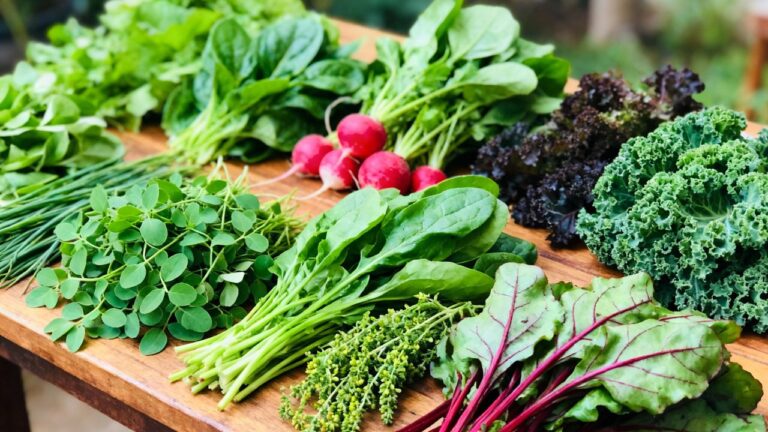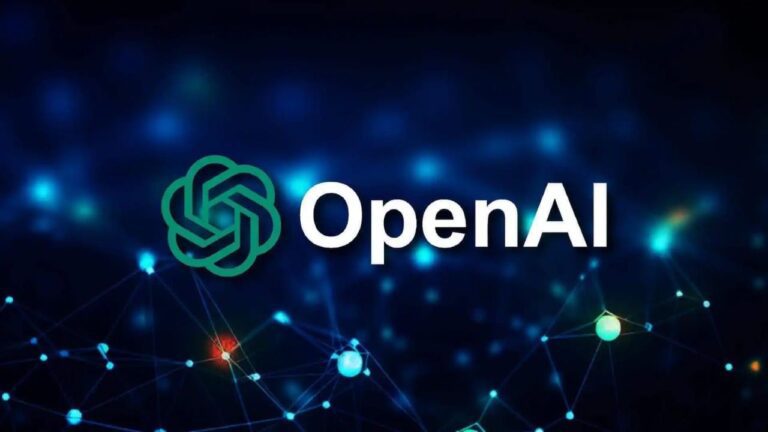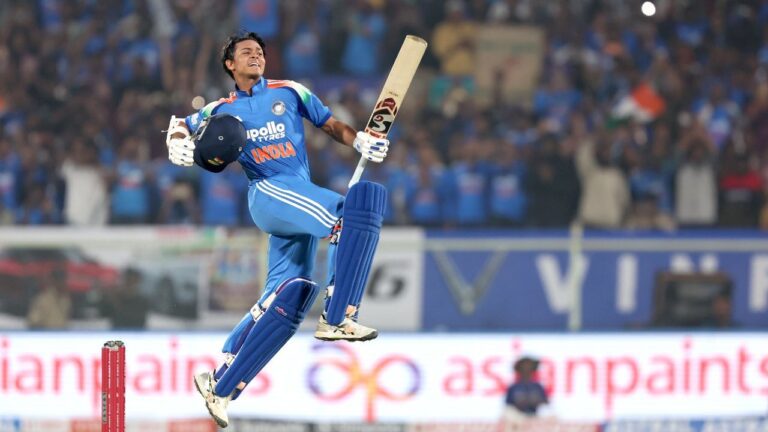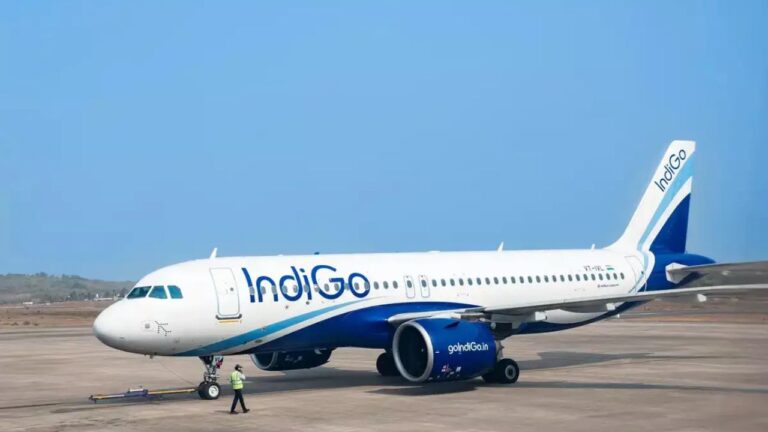
Hindi Diwas: Celebrating India's Linguistic Heritage and Unity
Hindi Diwas or National Hindi Day, is a special occasion celebrated annually on September 14th. This day holds great significance as it marks the adoption of the Hindi script, Devanagari, as the official language of India by the Constituent Assembly in 1949. Hindi, which utilizes the Devanagri script for its written form, is one of the 22 officially recognized languages in India. Hindi Diwas not only commemorates the language itself but also the rich cultural heritage and diversity of the nation.
Table of Contents
The Historical Significance
To understand the importance of Hindi Diwas, one must delve into the historical context of the Hindi language. Hindi, derived from Sanskrit, has a long and illustrious history, evolving over centuries. It played a crucial role in the freedom struggle of India, with prominent leaders like Mahatma Gandhi advocating for the use of Hindi as a unifying language among the diverse linguistic communities in the country.
The journey to making Hindi the official language was a result of careful deliberation and debate among the members of the Constituent Assembly. On September 14, 1949, the Assembly adopted Hindi, written in the Devanagari script, as the official language of India. This decision aimed to promote unity among the various linguistic groups while preserving India’s rich linguistic diversity. The Indian Constitution designated Hindi as the country’s official language in Article 343.
The first official Hindi Diwas was celebrated on September 14, 1953, under the leadership of Pandit Jawaharlal Nehru, India’s first Prime Minister. Hindi also serves as the primary medium of communication between the federal government and state governments. State administrations, however, were granted the autonomy to choose their official languages.
The Linguistic Diversity of India
India is a land of unparalleled linguistic diversity, with over 19,500 languages spoken across the country. While Hindi serves as the official language, the Indian Constitution recognizes 22 officially recognized languages. Each language has its own unique cultural and historical significance, contributing to the vibrant tapestry of Indian society.
Hindi Diwas provides an opportunity to celebrate this linguistic diversity, as it encourages people to learn and appreciate the Hindi language while fostering an environment of linguistic harmony. Hindi, being one of the most widely spoken languages in India, plays a pivotal role in bridging communication gaps across the nation.
Why do we celebrate Hindi Diwas?
On September 14, 1949, India officially declared Hindi, written in the Devanagari script, as the national language. Additionally, this significant date coincides with the birthday of the eminent Hindi poet Beohar Rajendra Singh, who played a pivotal role in advocating for Hindi’s recognition as India’s official language. Since 1953, September 14 has been designated as Hindi Diwas. On this day, Hindi supersedes English in government offices. Various programs, seminars, and discussions are organized to underscore the importance of Hindi and its preservation. These events provide a platform for people to strengthen their connection with Hindi.
Facts about Hindi
- Hindi is spoken by 4.46 per cent of the world’s population.
- Hindi uses the Devanagari script and encompasses roughly 16 dialects, including Awadhi, Bhojpuri, Bundeli, and Khariboli.
- Hindi descended directly from an early form of Vedic Sanskrit through Sauraseni Prakrit and auraseniApabhraa.
- According to the 2011 census, India has 528 million native Hindi speakers, constituting approximately 43 per cent of the total population.
- The Hindi Belt includes the Indian states of Bihar, Chhattisgarh, Delhi, Haryana, Himachal Pradesh, Jharkhand, Madhya Pradesh, Rajasthan, Uttar Pradesh, and Uttarakhand.

Hindi Diwas Celebrations
Hindi Diwas is not just a government-mandated observance; it’s a celebration of India’s cultural heritage. On this day, schools, colleges, and various institutions organize events, competitions, and cultural programs to promote the Hindi language. Students recite Hindi poems, participate in debates, and showcase their linguistic skills.
In addition to educational institutions, government offices and institutions also hold special events to mark Hindi Diwas. Seminars, workshops, and exhibitions are organized to promote the usage and understanding of the language, making it accessible to all.
Hindi Diwas Speech In English
Below is the 250-word speech on Hindi Diwas. This Hindi Diwas speech in English is for students to tell their friends and other people about the importance of our mother tongue on the occasion of Hindi Diwas 2023.
Honourable Principal, respected teachers and my friends, Happy Hindi Diwas to all of you!
Today, we all are gathered on this special occasion to celebrate Hindi Diwas 2023 and pay respect to the official language of India. Hindi is a symbol of the unity of our country. It is a language that has kept alive the invaluable heritage of patriotism, literature, and culture. Adopting many cultures and dialects over the centuries, Hindi language is today the most spoken language of India and the third most spoken language in the world.
Hindi Diwas is celebrated every year on 14th September, because, on September 14, 1949, it was decided to write our Constitution in Hindi. It is a matter of pride for us to celebrate this day as Hindi Diwas.
Hindi is an important part of the social, political, and economic life of our country. It is not only our official language, but it is also the medium of our own culture. Through Hindi, not only India but crores of people around the world can express their feelings and thoughts in a better way.
Understanding the importance of Hindi, we should preserve it properly. We should also remember that India is a mixture of different languages and cultures. Therefore, along with promoting our language with pride, we should also respect other languages.
On this Hindi Diwas, we should move forward by understanding the important role of Hindi and thinking with ambition. We should learn about the importance of Hindi from our elders and teach the Hindi language to our younger ones so that this language can grow with pride in our future generations.
Jai Hind, Jai Bharat!
Thank you!
Hindi in Modern India
As India progresses into the 21st century, the Hindi language remains a vital component of its cultural identity. It serves as not only the official language of governance but also as the dominant language in Bollywood, India’s flourishing film industry. The popularity of Hindi films and music extends globally, playing a significant role in promoting Hindi culture worldwide.
Additionally, Hindi serves as the primary instructional language in numerous esteemed educational institutions throughout India, underscoring its importance for achieving academic and professional excellence.
Conclusion
Hindi Diwas is a special occasion dedicated to honoring the Hindi language, commemorating its profound historical legacy, and recognizing its significant role in shaping India’s cultural heritage. This day serves as a poignant reminder of the immense linguistic variety within the nation and underscores the crucial concept of unity amidst diversity. As India progresses into the 21st century, Hindi continues to stand as a source of immense pride and a unifying element, connecting people from various backgrounds, and helping them communicate and understand each other better. So, on this Hindi Diwas, let us come together to celebrate the beauty and significance of the Hindi language, appreciating its cultural richness and historical importance.
Watch: Hindi Diwas






